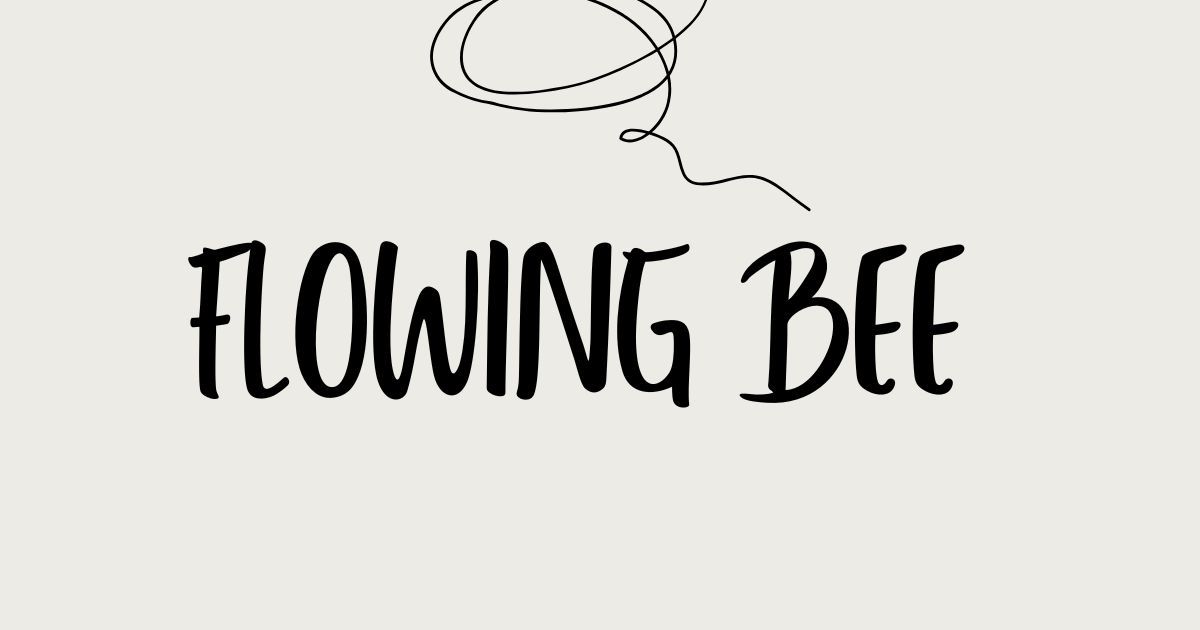In the tapestry of Turkish language and culture, the term “utanmaz türklere” stands out for its vivid connotations and significant impact. Literally translating to “shameless Turks,” this phrase has evolved over time, weaving itself into the cultural and social fabric of Turkey. But what does it truly mean, and why is it essential to understand its nuances?
Historical Context
To grasp the full meaning of “utanmaz türklere,” we need to delve into its origins. Historically, this term has been used in various contexts, from casual conversations to heated debates. Its roots can be traced back to times when societal norms were strictly adhered to, and any deviation from these norms could result in social ostracism. Over the years, as Turkish society has transformed, so too has the usage and interpretation of this phrase.
Cultural Significance
In Turkish culture, the concept of shame (utanma) holds considerable weight. Being labeled as “utanmaz” (shameless) can be a severe reprimand, implying a disregard for societal values and norms. The term “utanmaz türklere” thus not only singles out individuals but also ties their behavior to national identity, making it a potent cultural critique.
Usage in Modern Language
Today, “utanmaz türklere” is used in various contexts, often with a humorous or sarcastic undertone. It can be heard in media, pop culture, and daily conversations, reflecting a blend of historical connotation and modern-day reinterpretation. For instance, a popular TV show might use the term to describe a character who boldly defies societal expectations, adding layers of meaning through context and delivery.
Perceptions and Stereotypes
Different generations perceive “utanmaz türklere” in varying ways. Older generations might view it as a serious accusation, a label that carries weight and consequence. In contrast, younger people might see it as a more playful term, indicative of a rebellious or free-spirited nature. Media representations play a crucial role in shaping these perceptions, often reinforcing stereotypes or challenging them through nuanced portrayals.
Psychological Implications
Being labeled as “utanmaz türklere” can have profound psychological effects. It can lead to feelings of isolation, anxiety, and low self-esteem. However, individuals often develop coping mechanisms, such as embracing the label with a sense of pride or using humor to deflect criticism. Understanding these psychological dimensions is crucial for fostering empathy and support.
Comparative Analysis
Comparing “utanmaz türklere” to similar terms in other cultures can provide valuable insights. For example, in English, the term “shameless” might carry similar connotations but lacks the national identity component. Cross-cultural analysis helps in understanding the universal aspects of such labels and their unique cultural manifestations.
Controversies and Debates
The term “utanmaz türklere” is not without its controversies. Public discourse often centers around its appropriateness and impact. Some argue that it perpetuates negative stereotypes and social divisions, while others believe it highlights important cultural critiques. These debates reflect broader societal tensions and the evolving nature of language.
Impact on Personal Relationships
Labeling someone as “utanmaz türklere” can strain personal relationships, affecting family dynamics and social interactions. It can create barriers to communication and understanding, emphasizing the need for sensitivity and awareness in using such terms. Addressing these issues requires a nuanced approach, balancing respect for cultural traditions with the need for inclusivity.
Role of Education
Education plays a pivotal role in addressing the implications of “utanmaz türklere.” Teaching cultural sensitivity and awareness can help reduce the negative impact of such labels. Educational programs that address stereotypes and promote empathy are essential for fostering a more inclusive society.
Media Representation
Media representation of “utanmaz türklere” is a double-edged sword. On one hand, it can perpetuate stereotypes and reinforce negative perceptions. On the other hand, it can challenge these views by providing more complex and empathetic portrayals. Analyzing media content helps in understanding its role in shaping public perception.
Social Media Influence
In the age of social media, the spread of terms like “utanmaz türklere” is rapid and far-reaching. Influencers and public figures play a significant role in how these terms are perceived and used. Social media platforms can both amplify harmful stereotypes and serve as spaces for challenging and redefining them.
Legal and Ethical Considerations
The use of “utanmaz türklere” raises important legal and ethical questions. Balancing freedom of speech with the need to prevent hate speech is a delicate task. Legal frameworks need to address the potential harm caused by such labels, ensuring that individuals are protected from discrimination and defamation.
Future Outlook
Looking ahead, the usage of “utanmaz türklere” is likely to evolve as societal attitudes change. Predictions suggest a gradual shift towards more inclusive and respectful language, with a focus on understanding and empathy. This transformation will require ongoing efforts in education, media representation, and public discourse.
Conclusion
“utanmaz türklere” is more than just a phrase; it is a reflection of cultural values, societal norms, and individual identities. Understanding its historical context, cultural significance, and psychological implications is essential for fostering a more inclusive and empathetic society. As we move forward, it is crucial to continue challenging stereotypes and promoting respect for all individuals, regardless of the labels they might bear.
FAQs
What does “utanmaz türklere” mean?
“Utanmaz türklere” translates to “shameless Turks” and is used to describe individuals who defy societal norms and expectations.
How has the perception of “utanmaz türklere” changed over time?
Perceptions have shifted from viewing it as a severe reprimand to a more playful or humorous term, especially among younger generations.
Are there any positive connotations of “utanmaz türklere”?
While generally negative, some may embrace the term as a badge of honor, symbolizing independence and defiance of restrictive norms.
How can one address being labeled as “utanmaz türklere”?
Coping mechanisms include embracing the label with pride, using humor, and seeking support from understanding friends and family.
What steps can society take to reduce the negative impact of such labels?
Promoting cultural sensitivity, challenging stereotypes through education and media, and fostering inclusive public discourse can help mitigate the harm caused by such labels.















